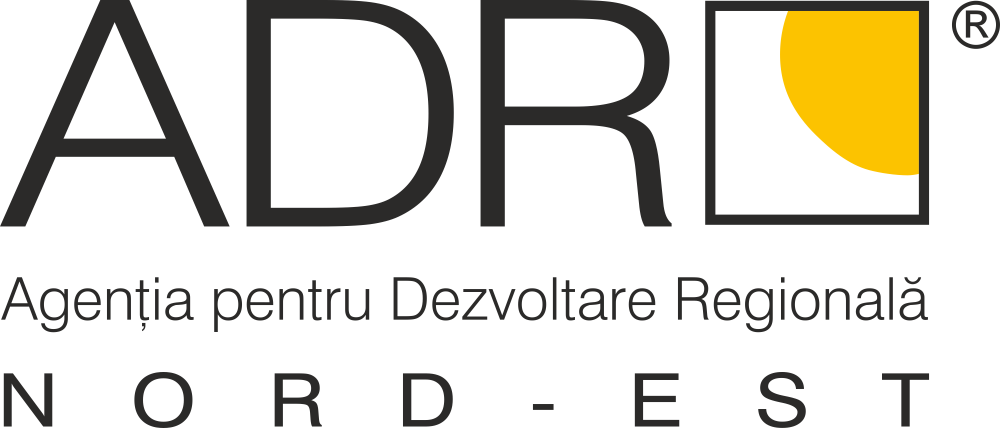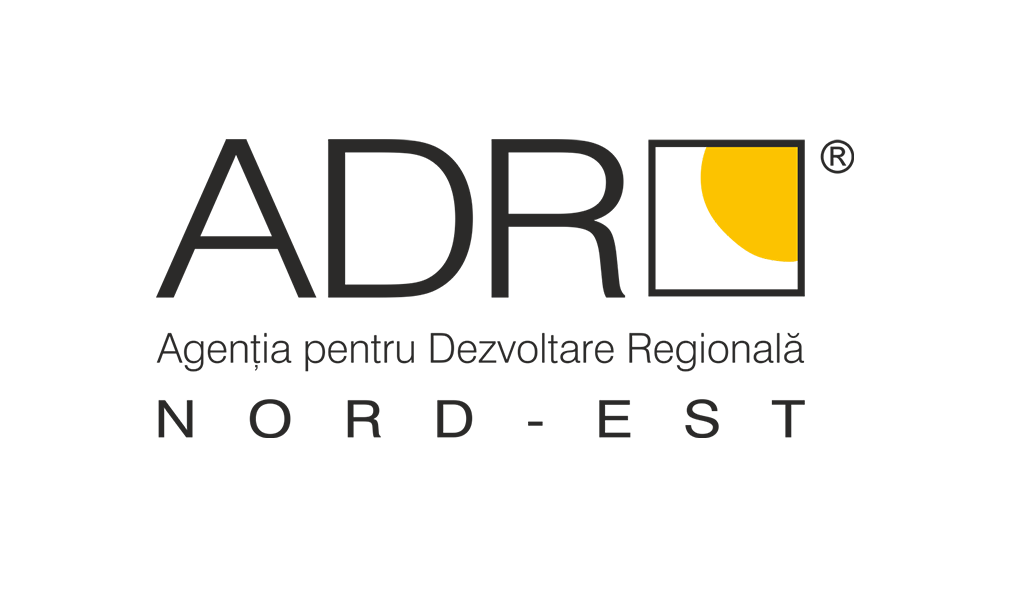WHO WE ARE?
We facilitate connections. We build synergies. We support convergence. From the North-East of Romania to the EU and beyond.
The Brussels Representation Office of the North-East Regional Development Agency proudly represents the North-East Region of Romania in the European Union.
Our mission is to encourage collaboration and innovation, constantly working with counties, municipalities, universities, research institutions, companies, schools, NGOs, and other organisations. Together, we are dedicated to harnessing the full potential of our region, promoting development and creating opportunities that transcend borders, while striving to shape a more prosperous future for the North-East Region.
The Brussels Representation Office was established in 2010 and aims to ensure that the North-East Region of Romania has a strong voice in the EU and is a proactive player in the European space.
VISION
We dream of a prosperous and competitive region with significant influence in Europe and internationally.
MISSION
We are trailblazers and support regional partners in their internationalisation process to generate economic and social development and align with the policies and priorities of the European Union.
TEAM
We are an ambitious and interdisciplinary team, with experience in public administration, academia and the private sector, expertise in research activities, writing European projects, attracting investments, communication and public relations.
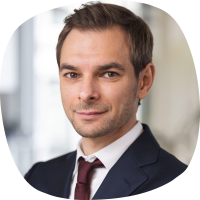
Sebastian Hrib
International Cooperation | Foreign Direct Investments | Regional Development
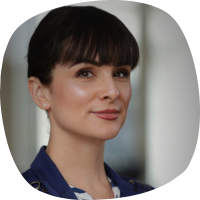
Andreea Leru
European Project Writing | Stakeholder Engagement | Internationalisation
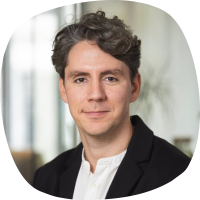
Dorin Minea
Foreign Direct Investments | International Cooperation & Communication
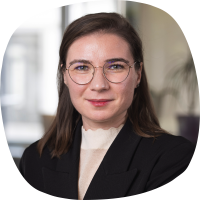
Alis Socea
Regional Cohesion | Multi-stakeholder Collaboration | Regional Development
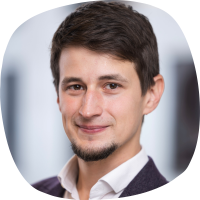
Cosmin Ceucă
Territorial Analysis | Urban Mobility | GIS

Andrei Moscal
European Affairs | Project Management | Communication
CONTACT BRUSSELS OFFICE
ADDRESS
Stephanie Plaza, Avenue Louise 54, Floor 3 (Silversquare)
1050 Ixelles, Bruxelles, Belgium
NORTH-EAST REGION OF ROMANIA
// North-East is a development region (NUTS 2) in Romania that comprises the following counties: Botoșani, Iași, Vaslui, Bacău, Neamț and Suceava. Our region covers an area of 36,850 km², slightly larger than Belgium, and has a population of approximately 3,3 million inhabitants, more than Lithuania. It is part of the eastern border of the EU and NATO, bordering Ukraine to the north and the Republic of Moldova to the east.
// In the last 10 years, the quality of transport infrastructure and economic complexity in our region have steadily increased, following the national trend. By the end of 2022, the region’s public road network totaled 14,936 km, there were 3 open airports and the GDP was 9,399 euro per capita.

RESULTS 2023
We believe in people and their ability to grow, excel and turn challenges into opportunities. Together with various organisations and enthusiastic collaborators, we achieved numerous accomplishments in 2023:
Project applications facilitated for stakeholders in the region
Meetings and events within European networks where we represented our region and our stakeholders
Local representatives, public administrators and experts who benefited from training, events participation and high-level meetings
Project calls and partnership opportunities disseminated to regional stakeholders
MEMBERS IN EUROPEAN NETWORKS BASED IN BRUSSELS
EURADA
Founded in 1992, the European Association of Development Agencies (EURADA) brings together representatives of regional development agencies working for economic development through a network of over 60 members from 23 countries in the European Union and beyond.
Membership (2003)
Board of Directors (2017)
Vice-President (2020)
President (2022)
Vice-President – Treasurer (2024)
ERRIN
The European Regions Research and Innovation Network (ERRIN) is a network of over 125 regional organisations from 22 European countries, most of which are represented by their Brussels offices.
Membership (2018)
Board of Directors (2018)
Co-leader of the “ICT” Working Group (2020)
Co-leader of the “Smart Specialisation” Working Group (2021)
Co-leader of the “Cultural Heritage & Tourism” Working Group (2023)
Co-leader of the “Smart Cities” Working Group (2023)
Vanguard Initiative
The Vanguard Initiative (VI) is an alliance that brings together 38 of Europe’s most advanced industrial regions, focusing on industrial transition, innovation stimulation and creating European value chains based on the complementarities of the members’ regional smart specialisation strategies (S3).
Membership (2023)
Board of Directors (2023)
President (2024)
ENDR
The European Network of Defence-related Regions (ENDR) brings together regional authorities and clusters to share experience and best practices regarding defence-related activities and funding opportunities, with dual-use (civil and military) applications.
Membership (2022)
RICC
The Regional Initiative for Culture and Creativity (RICC) provides European regional authorities with a strategic cooperation platform (28 member regions) to support the regional dimension in policies concerning culture and creative industries within the context of the new European cultural agenda.
Membership (2024)
ACCESSIBLE INTERNATIONAL OPPORTUNITIES
VISIBILITY, FUNDING AND PARTNERSHIPS


If you are an investor, researcher, public project promoter, entrepreneur, citizen or representative of an entity from the North-East Region of Romania or if you have an interest in our region, we are here to help you.
We have experience in:
// Organizing economic missions and study visits in the region and abroad;
// Representing the region at industrial fairs and economic forums;
// Organizing high-level events, workshops, and conferences;
// Providing economic information and organising meetings with representatives of local technological, scientific and industrial parks, as well as local public administration;
// Identifying European funding opportunities and business partnerships for our regional ecosystem; // Promoting project ideas from the region at international events;
// Identifying twinning and partnership opportunities;
// Monthly dissemination of the most important European information to regional stakeholders.
EUROPEAN PRIORITIES
Strategic Agenda 2024 – 2029
Every five years, European leaders establish the EU’s political priorities for the future. This is a collective effort led by the President of the European Council, where leaders discuss and decide together. It takes place in the context of the European Parliament elections and before the appointment of each European Commission.
The Strategic Agenda 2024-2029 was adopted at the European Council meeting on June 27, 2024. The European Council agrees on the following priorities and invites the European Parliament, the Council, and the Commission to implement them during the next institutional cycle, respecting the institutional balance of powers provided in the treaties and the principles of delegation of powers, subsidiarity, and proportionality. The next Multiannual Financial Framework (MFF) for the Union will need to reflect these priorities, ensuring that the EU budget is future-ready and that European challenges receive European responses.
A Free and Democratic Europe
Respecting European Values within the European Union
The EU ensures that its institutions and member states adhere to fundamental values such as human rights, democracy and the rule of law. It actively promotes civic participation and inclusion.
Respecting Our Values Globally
The EU engages in diplomacy, trade and cooperation to advance its values worldwide. It supports international organisations and advocates for sustainable development, peace, and human rights.
A Strong and Secure Europe
Ensuring Coherent and Influential External Action
The EU collaborates with global partners to address common challenges. It leverages its economic power, diplomatic networks and soft power to shape international policies.
Strengthening Security and Defense
The EU invests in common defence capacities, information sharing and crisis management. It aims to protect its citizens and contribute to global stability.
Preparing for a Larger and Stronger Union
The EU envisions an expanded Union that remains resilient and united. It will also encourage reform efforts, particularly regarding the rule of law, as well as regional integration, good neighbourly relations, reconciliation and the resolution of bilateral disputes.
Pursuing a Comprehensive Approach to Migration and Border Management
The EU manages migration by balancing humanitarian assistance, border control, and integration efforts. Ensuring that citizens can move freely within the EU is a fundamental achievement of the European Union and requires the proper functioning of the Schengen area.
A Prosperous and Competitive Europe
Strengthening Competitiveness
The EU encourages innovation, research and entrepreneurship. It supports small and medium-sized enterprises (SMEs) and promotes cross-border collaboration.
Ensuring the Success of Green and Digital Transitions
The EU is a leader in sustainable technologies, renewable energy, and digital infrastructure. It ensures a just transition for workers and regions affected by these changes.
Promoting a Business and Innovation-Friendly Environment
The EU simplifies regulations, invests in education, and fosters private sector growth. It aims to be a hub for high-tech industries and start-ups.
Progressing Together
To promote the harmonious development of the EU as a whole, it will enhance economic, social, and territorial cohesion, aiming for continuous upward convergence, reducing disparities, increasing resilience, competitiveness and stimulating long-term growth across the Union.
EU Budget and Funds
The current EU budget for the period 2021-2027 was approved in 2018 under the name Multiannual Financial Framework (MFF) and amounted to 1.211 billion euro. In 2020, the EU provided an unprecedented response to the coronavirus crisis that hit Europe and the world, supplementing the MFF with an additional 806,9 billion euro through NextGenerationEU, a temporary instrument to support recovery.
The total amount of the MFF 2021-2027 and NextGenerationEU reaches 2.018 billion euro.

Source: European Commision
The Brussels Representation Office of the North-East RDA focuses on the following set of EU priority programmes:
We aim to attract funds from these programmes and beyond, assisting potential beneficiaries from our region in finding suitable partnerships and writing strong project proposals.
NEWSLETTER BIROU BRUXELLES
-> SUBSCRIBE HERE <-
Be the first to learn about the latest news and opportunities from Brussels and stay in touch with us!
FAQ
WHY DOES OUR REGION HAVE A REPRESENTATION OFFICE IN BRUSSELS?
As more decisions are made in Brussels, more entities — from farmers to cyclists, from industrial groups to pharmaceutical companies, regions, cities, universities, and all other types of entities — want to have a strong European voice. An office in Brussels allows us to access precise and up-to-date information, participate in working groups for EU policy development, as well as attend specialised international events where we can learn from other experiences and find suitable partners for future projects.
WHAT IS A PROJECT BROKERAGE EVENT?
A brokerage event facilitates dialogue between project promoters and partners, starting from a challenge that regions, cities, companies, etc., wish to solve in the future through a project with European funding.
DOES THE NORTH-EAST RDA TEAM IN BRUSSELS WRITE PROJECT PROPOSALS FOR THEIR STAKEHOLDERS?
We do not aim to compete with our consulting partners. Therefore, under certain circumstances, we facilitate the application process for accessing European funds, helping you, for example, to develop the project concept in relation to the relevant funding programme, applicable EU policies and priorities, reviewing your proposal, or recommending suitable partners.
HOW CAN YOU HELP ME IN MY DAILY ACTIVITIES?
First, we recommend getting in touch with us to share the needs and priorities of your organisation/community. Then, we will build a micro-strategy together to help you achieve your internationalisation goals.
WHAT IS THE ADDED VALUE OF A NETWORK?
A European network represents an alliance of organisations and institutions from different regions of Europe that collaborate to promote regional development, innovation, and international cooperation.
Membership in a network offers the opportunity to connect with peers and entities interested in the same field of activity, find partners, and increase your visibility at the international level. Mutual understanding within a network builds mutual trust, which is important from a strategic perspective as it reduces the risk of misunderstandings. Where there is trust, people are more open to sharing their ideas, plans, and project objectives with you. Thus, a project can be built more easily and quickly. Membership in a network (sectoral, project-based, lobby) is crucial in the long term.WHY GET INVOLVED IN EUROPEAN PROJECTS?
European projects are not just a reserve of money waiting to be used. Generally, a call for projects is launched when a policy maker wants to solve certain societal problems. Why not just give the money outright? Because the project officer or the architect of the financial scheme wants the beneficiary to articulate the problem and find the solution within a specific intervention framework. Generally, European calls have an integrationist logic and aim for our territories to collaborate more and more. If someone from the North-East Region wanted to create a revolutionary wastewater purification system, a policy maker could, for example, award maximum points to those with a foreign partner. Why a foreign partner? Because a purification system that can be used in multiple countries means: cost savings, a potentially more profitable business; more potential customers; increased trust between two promoters who otherwise would never have spoken to each other; a success story of innovation, curiosity, and human ingenuity that knows no borders.

 PUBLIC INTEREST
PUBLIC INTEREST